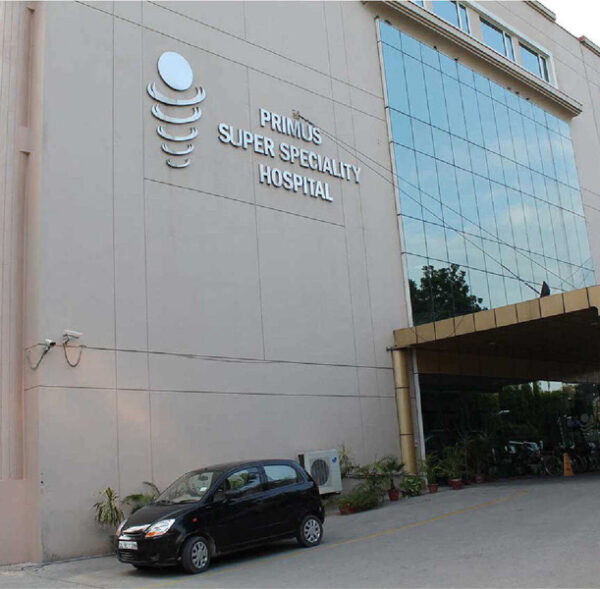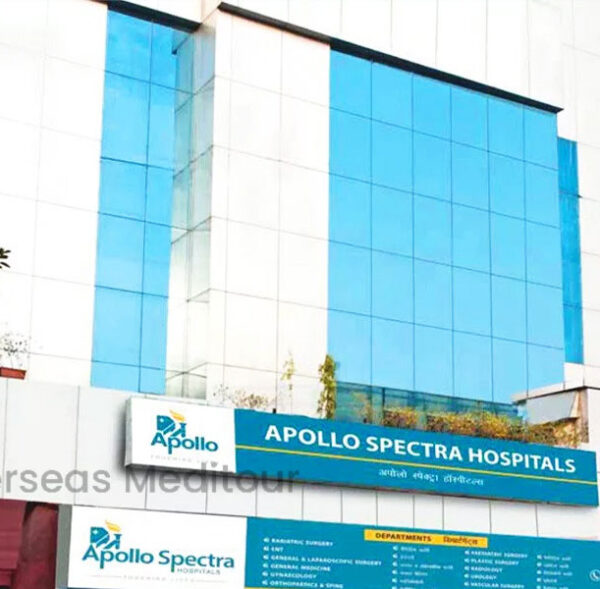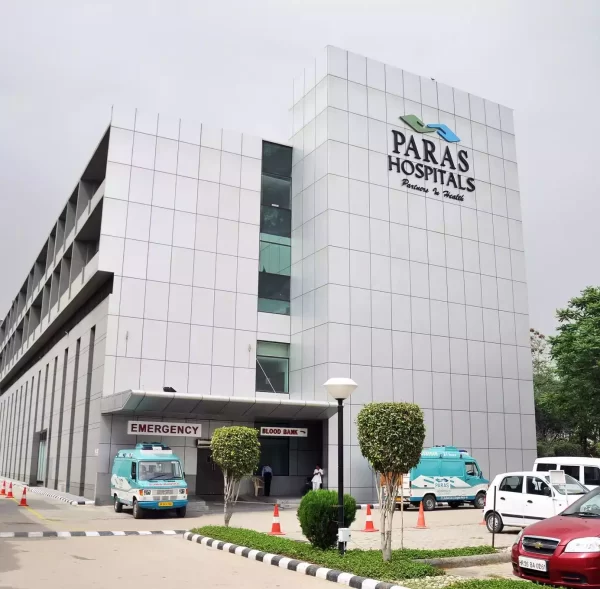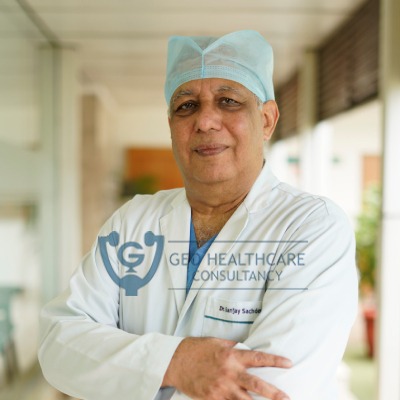-
Nephrology: Focused on kidney transplants.
-
Hepatology: Specializes in liver
transplants.
-
Cardiology: Handles heart transplants.
-
Pulmonology: Focused on lung transplants.
-
Endocrinology: Oversees pancreas
transplants.
-
Orthopedics and Plastic Surgery: Involved in limb
transplants.
Each department works closely with transplant specialists to ensure a coordinated
approach to
patient care.
Types of Organ Transplants
Several organs can be transplanted, depending on the patient’s needs. Here are the
most common
types:
Kidney Transplant
A kidney Transplant is a procedure in which a diseased kidney is
replaced with a healthy one
from a donor. This is often recommended for patients with end-stage kidney disease
or chronic
kidney failure.
Liver Transplant
A liver transplant involves replacing a failing liver with a healthy
one. This is usually
performed when the liver is no longer able to perform its essential functions, often
due to
cirrhosis, hepatitis, or liver cancer.
Heart Transplant
A heart transplant is necessary for patients with severe heart
failure, where the heart cannot
pump blood effectively. This procedure replaces the damaged heart with a healthy
donor heart.
Pancreas Transplant
In a pancreas Transplant, a healthy pancreas is transplanted to
patients, often those with severe
diabetes, to regulate insulin and manage blood sugar levels.
Limb Transplant
Limb transplants involve transplanting arms or legs from a donor.
These procedures are
complex and are typically considered when limbs are lost due to trauma or disease.
Lung Transplant
A lung transplant replaces one or both diseased lungs
with healthy
lungs from a donor. This
surgery is often necessary for patients with severe lung conditions like COPD,
pulmonary
fibrosis, or cystic fibrosis.
Who Are the Candidates for Organ Transplants?
Not everyone is a candidate for an organ transplant. Generally, candidates must:
-
Have end-stage organ failure where no other treatment options are effective.
-
Be in relatively good health aside from the organ failure.
-
Be free from active infections or cancer that could complicate surgery or
recovery.
-
Be mentally and emotionally prepared for the commitment to lifelong
medication and
care.
Your eligibility will be evaluated by a team of transplant specialists who will
assess your
medical condition, overall health, and the likelihood of a successful
transplant.
How to Prepare for an Organ Transplant
Preparing for an organ transplant involves a series of steps to ensure both your
body and mind
are ready for the surgery:
-
Medical Tests: Your transplant team will conduct thorough
evaluations, including blood
tests, imaging scans, and heart and lung function assessments.
-
Lifestyle Adjustments: You may need to stop smoking, limit
alcohol intake, and adopt a
healthier diet to improve your overall health and surgery outcomes.
-
Mental Preparation: It's natural to feel anxious about the
procedure. Counseling and
support groups can be helpful in managing stress and anxiety before the
surgery.
-
Arrange for Support: You'll need assistance at home after
surgery, so arrange for family
or friends to help with daily activities during the recovery period.
Short-Term Side Effects of Organ Transplant
After the surgery, it’s common to experience short-term side
effects as your body adjusts to the
new organ. These may include:
-
Pain and Discomfort: You will likely experience pain at the
surgery site, but this can be
managed with prescribed medications.
-
Swelling: Swelling around the incision area or in the legs
can occur due to fluid retention.
-
Nausea and Fatigue: It’s common to feel nauseous or weak
after surgery due to the
anesthesia and medications.
-
Infection Risk: Transplant patients are at a higher risk of
infection due to
immunosuppressive drugs, which are used to prevent organ rejection.
Long-Term Side Effects of Organ Transplant
While organ transplants can be life-saving, they do come with long-term
side effects, mainly
due to the immunosuppressive medications that must be taken for life. These may
include:
-
Increased Risk of Infection: The medications suppress your
immune system, making it
harder to fight off infections.
-
High Blood Pressure: Some patients develop high blood
pressure after a transplant,
which needs to be managed with medication.
-
Weight Gain and Diabetes: Long-term use of
immunosuppressants can lead to weight
gain and an increased risk of developing diabetes.
-
Cancer Risk: Immunosuppressive drugs can increase the risk
of certain cancers over
time, such as skin cancer or lymphoma.
Postoperative Care
Postoperative care is crucial for a successful transplant and long-term recovery.
This involves:
-
Frequent Monitoring You'll have regular follow-up
appointments to monitor your new
organ's function and adjust medications.
-
Immunosuppressive Therapy You will need to take medications
daily to prevent your
body from rejecting the transplanted organ.
-
Infection Prevention Strict hygiene practices and avoiding
large crowds are essential in
the weeks after surgery to reduce the risk of infection.





































